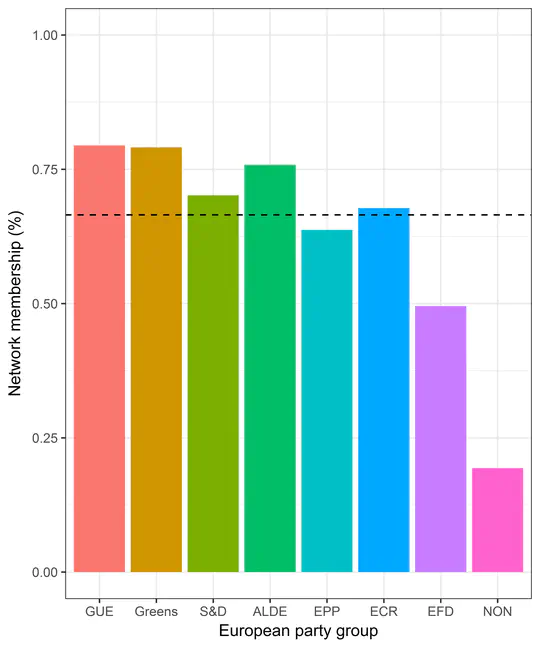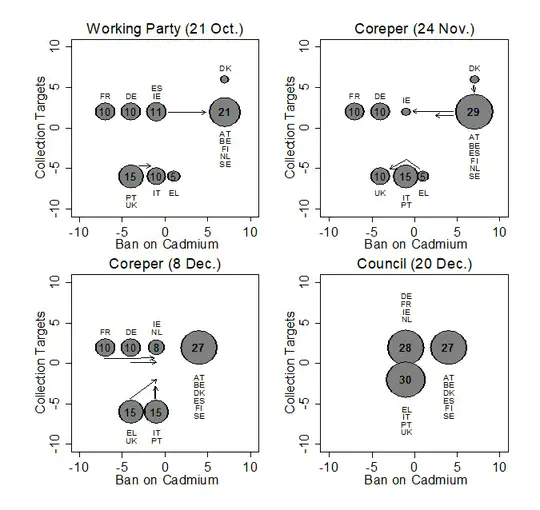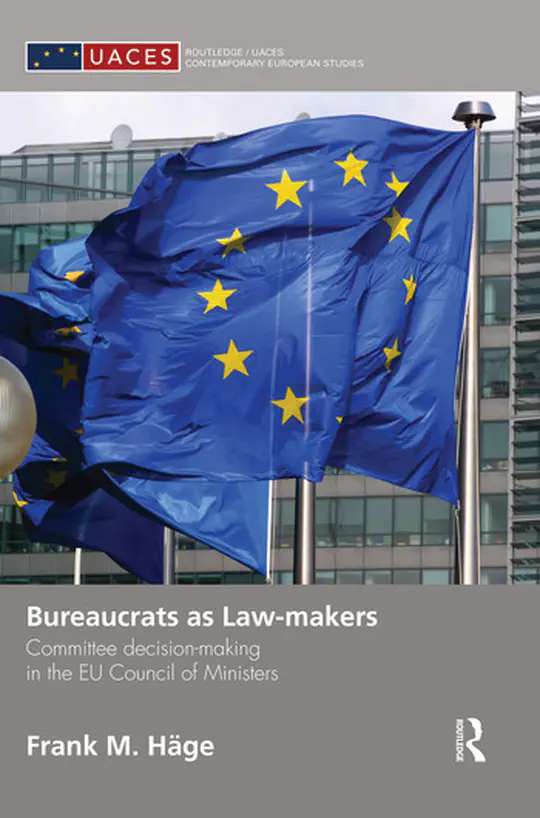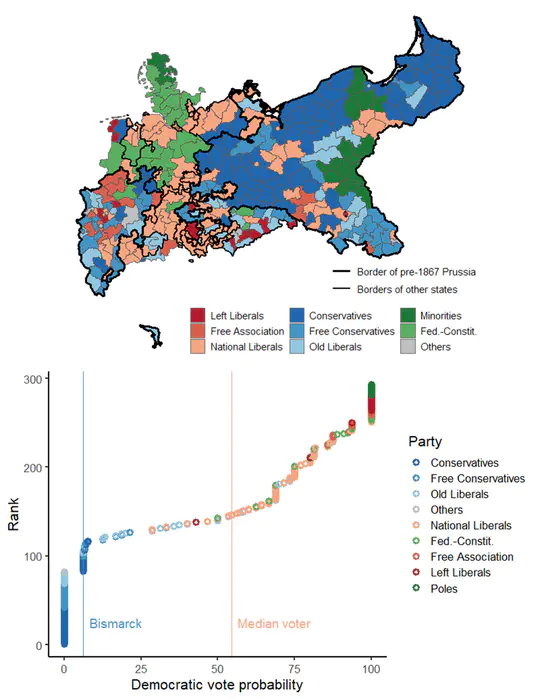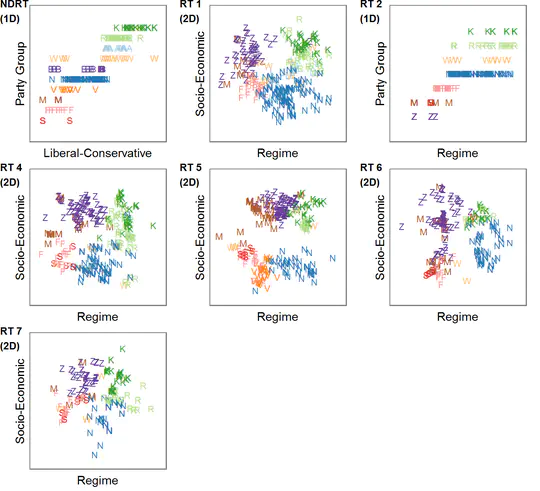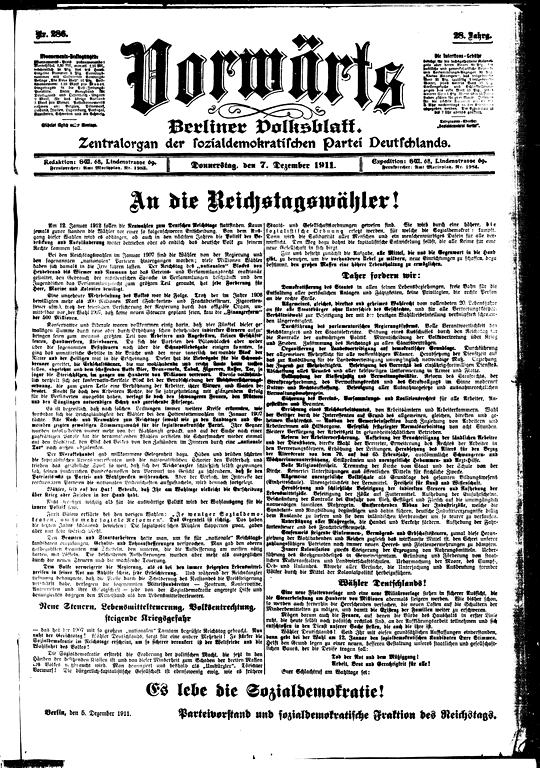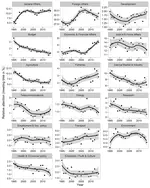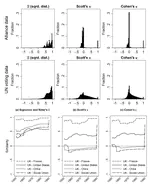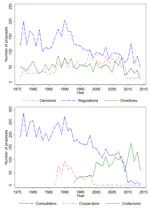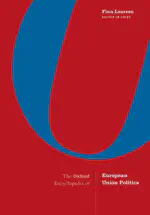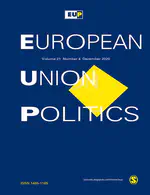I am a Senior Lecturer in the Department of Politics and Public Administration at the University of Limerick.
In my research, I study the involvement and interactions of politicians and bureaucrats in legislative decision-making as well as their relative influence on policy processes and outcomes, mainly in the context of the European Union. I am also interested in classic political science questions about the historical development of political parties, electoral competition, and democratic institutions more broadly.
This site provides information about my research and publications. It also provides access to data sets and other research outputs I have collected.
Download my CV.
- Legislative Politics
- European Union Politics
- Historical Political Economy
PhD, 2008
Leiden University
Master of Public Policy and Management, 2003
University of Konstanz
Research
Data
Publications
Contact
- frankhaege@ul.ie
- +353-61-234897
-
Department of Politics and Public Administration
University of Limerick
Limerick, V94 T9PX
Ireland - Foundation Building, Room F1-019
